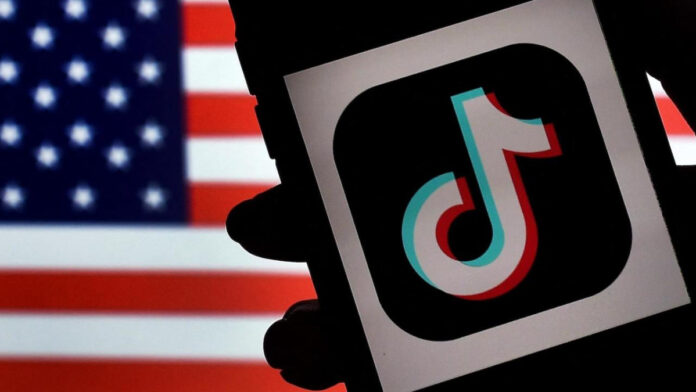TikTok’s future in the United States is hanging by a thread after a federal appeals court unanimously upheld a law that could lead to its ban in early 2025.
The U.S. Court of Appeals for the District of Columbia Circuit ruled against TikTok and its parent company ByteDance, rejecting their argument that the law violates the First Amendment.
The Court’s Stand On TikTok’s Ban
The law, signed by President Joe Biden in April, requires TikTok to sever ties with ByteDance, its China-based parent company, or face a nationwide ban by January 19, 2025.
The court’s opinion, authored by Judge Douglas Ginsburg, emphasized that the government’s priority is to protect national security.
“The First Amendment exists to protect free speech, but here the government acted to safeguard that freedom from foreign adversaries,” Ginsburg wrote.
TikTok plans to appeal the decision to the Supreme Court, although it’s unclear whether the case will be heard.
TikTok spokesperson Michael Hughes argued that the ban infringes on free speech and would silence over 170 million American users.
He added, “The TikTok ban was pushed through based on flawed and hypothetical information, resulting in outright censorship.”
National Security Concerns Drive The Law
U.S. officials have long viewed TikTok as a national security risk, citing concerns that ByteDance could share sensitive user data with the Chinese government.
The app’s algorithm, which determines the content users see, is also under scrutiny for its potential vulnerability to manipulation by Chinese authorities.
Attorney General Merrick Garland praised the ruling as a step toward protecting Americans from foreign influence.
Global Implications & Political Tensions
The European Union has echoed similar concerns, recently investigating claims that Russia used TikTok to influence elections in Romania.
Meanwhile, lawmakers in Washington celebrated the court’s decision.
Rep. Raja Krishnamoorthi, a co-author of the law, stated, “It’s time for ByteDance to comply.”
TikTok’s Counterarguments
TikTok has consistently denied allegations of data sharing or content manipulation for Beijing’s benefit.
The company also highlighted a $2 billion investment in protecting U.S. user data.
It argues that the government ignored a proposed agreement that could have addressed its concerns without resorting to a ban.
The company has also claimed that divesting its U.S. operations from ByteDance is technologically and commercially unfeasible.
A sale without TikTok’s proprietary algorithm—often called the app’s “secret sauce”—would cripple the platform, leaving it isolated from global content.
What’s Next?
As TikTok prepares to appeal, the app’s fate could rest with the Supreme Court or potential intervention from the next administration.
President-elect Donald Trump, who attempted to ban TikTok during his first term, has since softened his stance and may push for an American-led takeover of the platform.
With over 170 million U.S. users at stake, the battle over TikTok is far from over.
The app’s survival depends on legal maneuvers, political shifts, and possibly new ownership that satisfies national security concerns.
Lock In With Us
- Share this post on socials!
- Subscribe To Ice Cream Conversations on YouTube and TikTok!
- Join Our Email List for more scoop, giveaways, and special events.
- Show Us Some Love ❤️!













